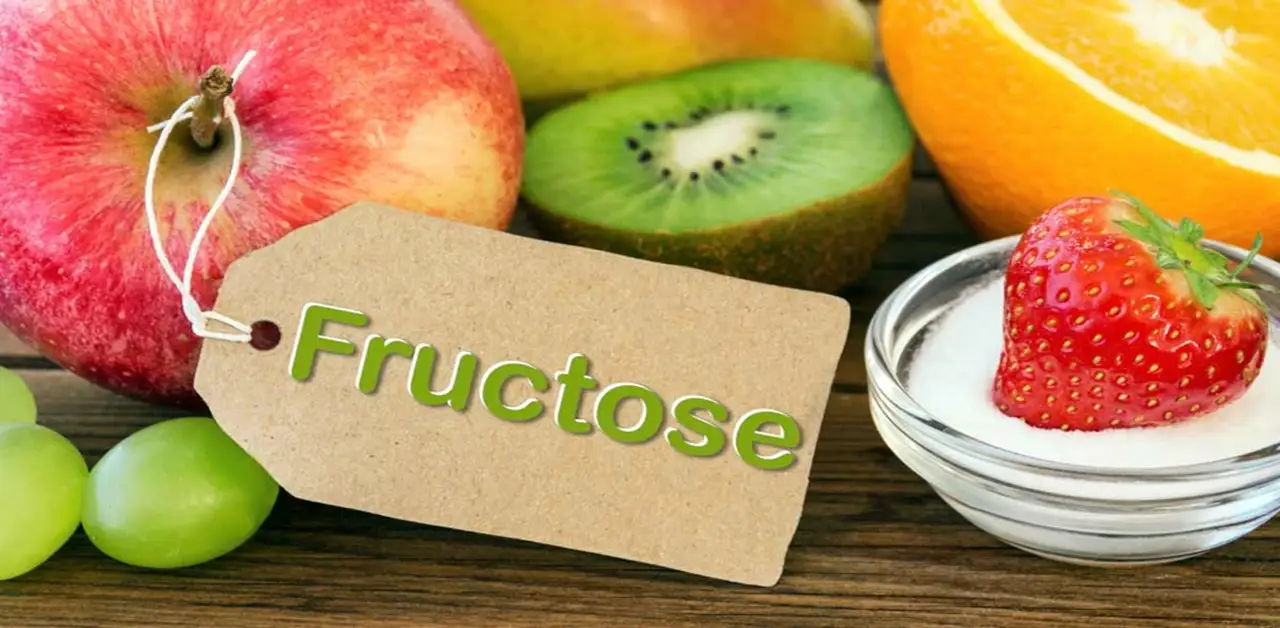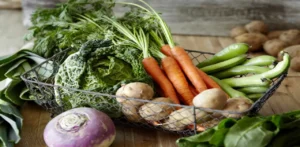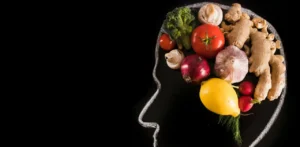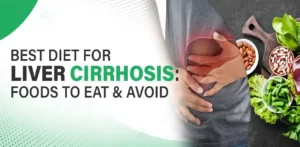Contents
Fructose malabsorption, also known as dietary fructose intolerance, is a condition where the small intestine has difficulty absorbing fructose, a type of sugar found in many fruits, vegetables, and sweeteners. This malabsorption can lead to digestive discomfort, bloating, gas, and other symptoms in affected individuals. Managing fructose malabsorption often involves following a specific diet to minimize symptoms and promote better digestion.
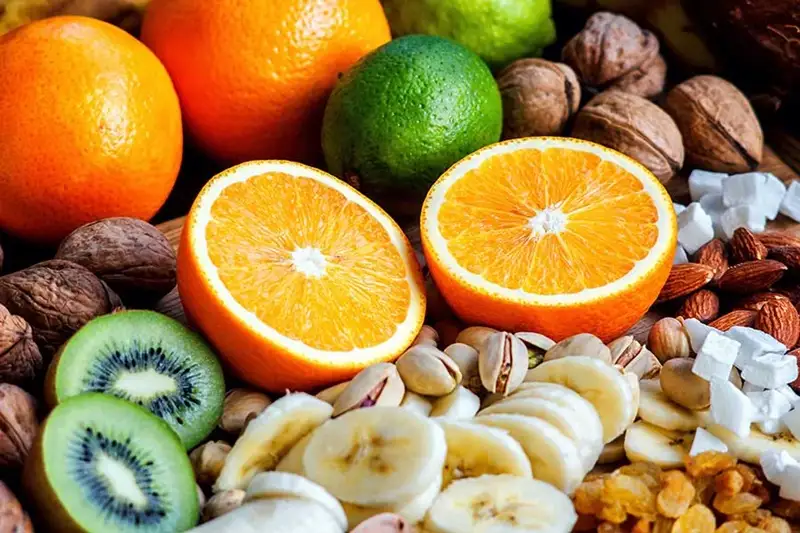
Fructose Intolerance Diet Basics
A fructose intolerance diet focuses on limiting foods high in fructose, as well as those with excess fructose to glucose ratio. Here are some key principles to consider:
- Foods to Avoid with Fructose Malabsorption: High-fructose fruits like apples, pears, and mangoes, as well as foods containing high-fructose corn syrup, are typically avoided. Onions, garlic, honey, and some grains like wheat can also be problematic.
- Fructose-Free Meal Options: Opt for fruits with lower fructose content such as berries, bananas (ripe), and citrus fruits like oranges and lemons. Vegetables like spinach, carrots, and zucchini are generally well-tolerated.
- Diet for Fructose Malabsorption: Emphasize whole, unprocessed foods and lean proteins. Choose gluten-free grains like rice and quinoa over wheat-based products. Monitor portion sizes to avoid overloading the system with excess fructose.
Fructose Malabsorption Nutrition Tips
In addition to avoiding high-fructose foods, consider these nutrition tips for managing fructose malabsorption:
- Balance with Glucose: Foods with a balanced ratio of fructose to glucose may be better tolerated. For example, grapes and blueberries contain similar amounts of fructose and glucose.
- Mindful Sweeteners: Steer clear of high-fructose sweeteners like agave syrup and opt for glucose-based sweeteners such as glucose syrup or dextrose.
- Read Labels: Be vigilant when reading food labels for hidden sources of fructose or fructans. Ingredients like fructose, fructose syrup, and inulin can indicate high fructose content.
Also Read: “Comprehensive Guide to Lactose Intolerance: Diet, Foods to Avoid, and Nutrition Tips”
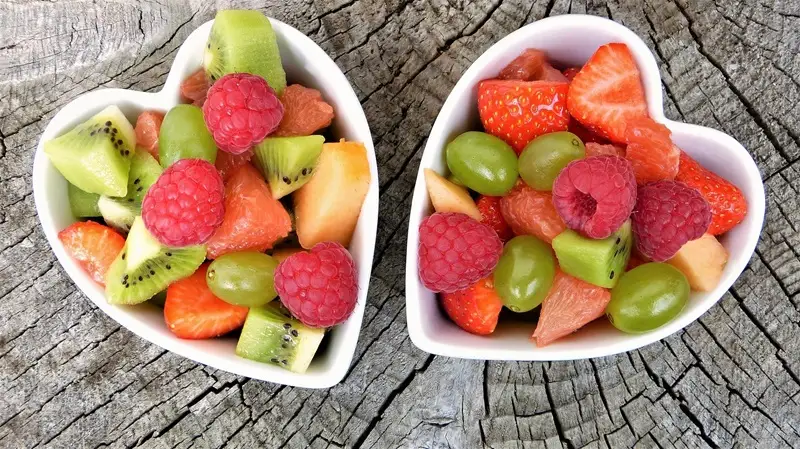
Fructose Malabsorption-Friendly Meals
Creating meals that are gentle on a fructose malabsorption diet can be enjoyable and nutritious. Here are some meal ideas to consider:
- Breakfast: Start the day with a protein-rich omelet filled with spinach, tomatoes, and feta cheese. Pair it with a side of gluten-free toast or a small portion of low-fructose fruits like strawberries.
- Lunch: Enjoy a quinoa salad with grilled chicken, mixed greens, cucumber, and a lemon vinaigrette dressing. Add some avocado for healthy fats and a creamy texture without excess fructose.
- Dinner: Prepare a stir-fry with tofu or shrimp, bell peppers, broccoli, and snap peas. Use a soy sauce with low or no added sugars to keep the meal fructose-friendly.
Fructose Malabsorption Nutrition Plan
Consulting with a healthcare professional or registered dietitian can help create a personalized nutrition plan for fructose malabsorption. They can offer guidance on portion sizes, food choices, and meal planning to ensure nutritional needs are met while minimizing symptoms.
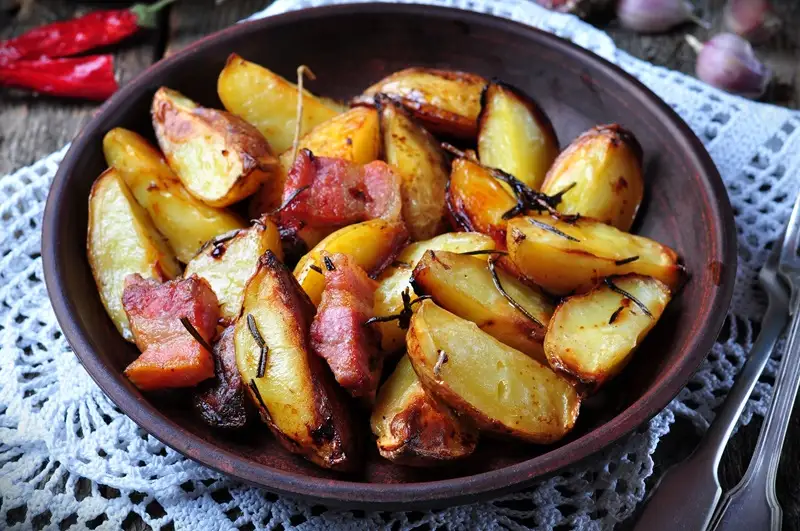
Best Foods for Fructose Malabsorption
While the list of foods to avoid may seem daunting, there are plenty of delicious options that are safe for those with fructose malabsorption:
- Low-fructose fruits: Berries, bananas (ripe), citrus fruits
- Vegetables: Spinach, carrots, zucchini, bell peppers
- Proteins: Lean meats, fish, tofu, eggs
- Grains: Rice, quinoa, gluten-free oats
- Dairy: Lactose-free options like lactose-free milk and cheese
Fructose Malabsorption-Friendly Recipes
Here are a couple of fructose malabsorption-friendly recipes to inspire your culinary journey:
- Quinoa-Stuffed Bell Peppers
Ingredients:
- 4 large bell peppers
- 1 cup cooked quinoa
- 1 cup diced tomatoes
- 1 cup cooked ground turkey or tofu (seasoned to taste)
- 1/2 cup chopped spinach
- 1/4 cup shredded cheese (optional)
- Salt, pepper, and herbs to taste
Instructions:
- Preheat oven to 375°F (190°C). Cut the tops off the bell peppers and remove seeds.
- In a bowl, mix quinoa, diced tomatoes, cooked turkey/tofu, spinach, and seasonings.
- Stuff each bell pepper with the quinoa mixture and place in a baking dish.
- Bake for 25-30 minutes or until peppers are tender.
- Optional: Sprinkle shredded cheese on top and bake for an additional 5 minutes until melted.
- Berry Smoothie Bowl
Ingredients:
- 1 cup mixed berries (e.g., strawberries, blueberries)
- 1/2 ripe banana
- 1/2 cup lactose-free yogurt or almond milk
- Toppings: sliced almonds, chia seeds, shredded coconut
Instructions:
- Blend mixed berries, banana, and yogurt/almond milk until smooth.
- Pour the smoothie into a bowl.
- Top with sliced almonds, chia seeds, and shredded coconut for added texture and flavor.
Managing fructose malabsorption involves understanding which foods to avoid and incorporating fructose-friendly options into your diet. By following a balanced nutrition plan and experimenting with delicious recipes, individuals with fructose intolerance can enjoy flavorful meals while minimizing digestive discomfort. Consult with a healthcare professional for personalized guidance and support on your journey to better digestive health.
